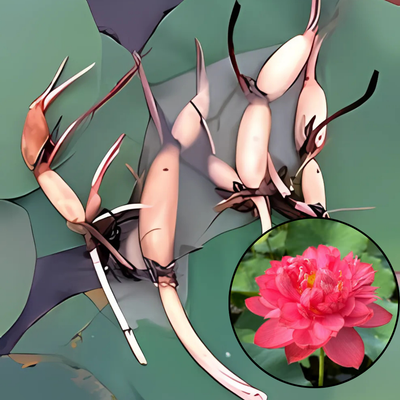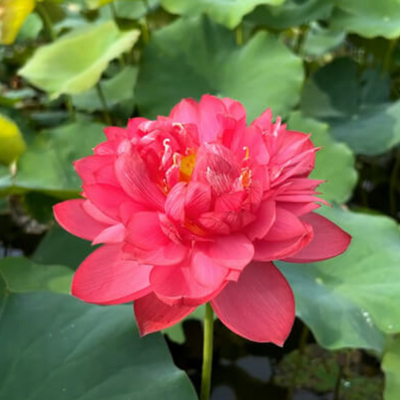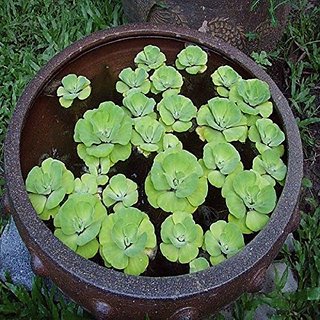Heliconia Plant Bulbs Heliconia bihai x marginata 'Rauliniana' 5 Bulbs-Green Paradise Live
Rs. 749.00
Guaranteed Safe Checkout
Green Paradise Offers Heliconia bihai x Marginata Rhizomes (Pack of 5 Bulbs)
About Heliconia Marginata
Heliconia marginata, also known as the Red Bassy or Lobster Claw, is a stunning tropical plant known for its vibrant, colorful bracts and foliage. To grow a healthy and thriving Heliconia marginata, follow these general guidelines:
Heliconia bihai:
Heliconia bihai, commonly known as the Lobster Claw or False Bird of Paradise, is a tropical plant native to Central and South America. It belongs to the family Heliconiaceae and is well-known for its striking and colorful bracts, which resemble lobster claws, hence its common name. The bracts are usually red or orange, but they can also be found in shades of yellow and pink. The true flowers are small and hidden within the bracts. Heliconia bihai is a clumping plant and can grow to be several feet tall. It is frequently grown as an ornamental plant in tropical and subtropical areas because it thrives in warm, humid temperatures.
Heliconia marginata:
Heliconia marginata, also called the Red-Edge Heliconia, is another species in the Heliconia genus. Like other heliconias, it is native to the tropical regions of Central and South America. The plant is characterized by its large, paddle-shaped leaves with striking red margins, which give it its common name. The inflorescence of Heliconia marginata is typically a bright red or orange-red color. It also prefers warm and humid climates and is commonly grown as an ornamental plant in tropical gardens.
If a hybrid named "Heliconia bihai x Marginata" exists, it is likely a cross between these two species. In such cases, the hybrid may exhibit a combination of traits from both parent plants, including unique bract colors and leaf characteristics. As with any hybrid plant, the specific traits and characteristics of "Heliconia bihai x Marginata" would depend on the dominant genes inherited from its parent species.
Please note that the world of horticulture is constantly evolving, and new hybrids may have been developed since my last update. For the most up-to-date and accurate information, I recommend consulting with a local horticulturist, nursery, or botanical garden.
How To Grow Heliconia Marginata In Bulbs
Heliconia bihai x Marginata, commonly known as Lobster Claw or Hanging Heliconia, is a stunning tropical plant known for its colorful and attractive bracts. Growing this plant from rhizomes can be a rewarding experience.




